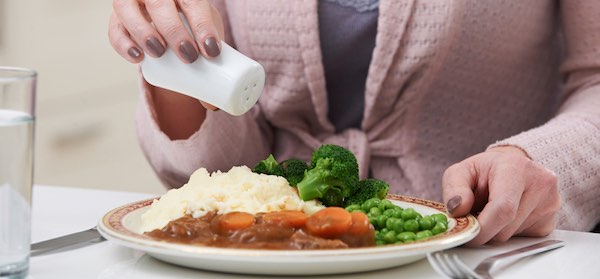According to a study that was conducted at the Barcelona Institute for Global Health (ISGlobal) in Spain, eating your final meal of the day too late can increase the risk of developing cancer.
Having an early supper or leaving an interval of at least two hours before going to bed are both associated with a lower risk of breast and prostate cancer.
Specifically, people who take their evening meal before 9pm or wait at least two hours before going to sleep have an approximate 20 per cent lower risk of those types of cancer compared to people who have supper after 10pm or those who eat and go to bed very close afterwards.
The study is the first to analyse the association between cancer risk and the timing of meals and sleep.
Previous studies of the link between food and cancer have focused on dietary patterns – for example, the effects of eating red meat, fruit and vegetables and the associations between food intake and obesity.
However, little attention has been paid to other factors surrounding the everyday act of eating: the timing of food intake and the activities people do before and after meals.
Recent experimental studies have shown the importance of meal timing and demonstrated the health effects of eating late at night.
The aim of the new study, published in the International Journal of Cancer, was to assess whether meal timing could be associated with the risk of developing breast and prostate cancer, two of the most common cancers worldwide.
Breast and prostate cancers are also among those most strongly associated with night-shift work, circadian disruption and alteration of biological rhythms.
The study assessed each participant’s lifestyle and chronotype (an individual attribute correlating with preference for morning or evening activity).
The study included data from 621 cases of prostate cancer and 1205 cases of breast cancer, as well as 872 male and 1321 female controls selected randomly.
The participants were interviewed about their meal timing, sleep habits and chronotype, and completed a questionnaire on their eating habits and adherence to cancer prevention recommendations.
“Further research in humans is needed in order to understand the reasons behind these findings, but everything seems to indicate that the timing of sleep affects our capacity to metabolise food,” said ISGlobal researcher Dora Romaguera.
How long a gap do you leave between eating and sleeping at night? Will you consider eating your dinner earlier now?
Related articles:
Herpes drug lowers Alzheimer’s risk
The tasty treat that improves vision
‘Tattoo’ could detect cancer early
Disclaimer: This article contains general information about health issues and is not advice. For health advice, consult your medical practitioner.

